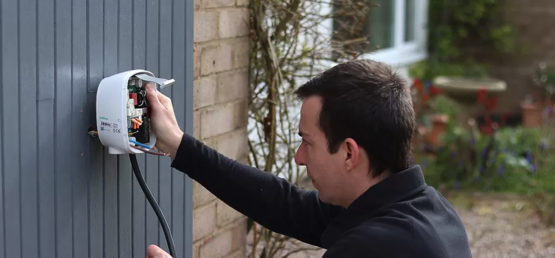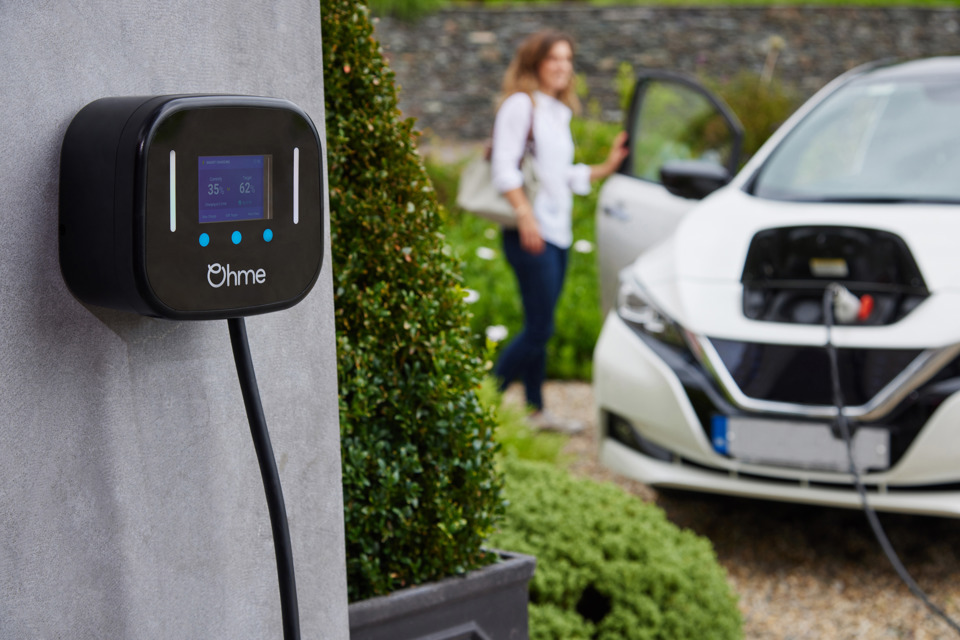Dealers could increase their used electric vehicle sales conversions by helping with a home charger installation, according to new research.
May’s Startline Used Car Tracker shows that more than half of dealers (52%) have said that not having a charger at home has been the leading objection to buying an EV.
This is followed by 48% saying buyers fear the available range is too low for their needs and 35% think the battery will degrade too quickly.
The results were based on the survey of 303 consumers and 60 dealers.
Paul Burgess, Startline Motor Finance chief executive, said: “In a way, it is encouraging that this is the biggest objection facing dealers selling EVs because it is a problem that can potentially be resolved fairly easily.
“If someone has the space for a charger to be fitted, then the dealer can provide support for this to happen, perhaps by entering into a partnership with a charger supplier to offer a fitting service, with a discount being negotiated.
“Of course, if the motorist lives in a terraced house or apartment without on-street charging, things are undeniably more difficult, but even this should be solved by increased infrastructure over the next few years.”
Also, almost a third (32%) say that consumers are also worried about insurance costs, 30% don’t trust the technology and 27% are worried about EVs losing a lot of their value.

Danny Morgan, head of sales and marketing at home charge point installation business, Smart Home Charge, said that while it's certainly trickier for those without a driveway, though not impossible, to charge, it shouldn't be overlooked that around 70% of UK properties do have off-street parking.
He said: "Those new to EVs can find the transition to electric a bit daunting, but in our experience the vast majority of drivers soon discover how simple and convenient it is to ‘fuel’ your car at home.
"They just need a bit of guidance, particularly as the home charge point brands will not be familiar ones."
Morgan said it's important to eradicate the barriers to getting a home charger, with customers just wanting to understand what it's going to cost them as early as possible so they can make a better judgement on the total cost of switching to an EV.
He added: "Dealerships definitely have a role to play by introducing customers to the concept of home charging earlier on in the buying journey.
"We find our customers want choice, so it’s not always that helpful if dealerships offer an exclusive charge point (even with a discount) as customers may feel pushed or incentivised towards a product they don’t want or know little about.
"We feel it’s best to point customers towards a reputable installer that offers an end-to-end service across a range of products, therefore taking the stress away of finding the right home charge point from the driver and the dealership staff.”
Smart Home Charge is already working directly with dealer groups and charger brands like Ohme, Easee and Andersen across the UK to help manage the installation process, as well as provide finance options to help with charger and installation costs to lower the barrier to entry for EV ownership.
Morgan said dealer groups and customers can also use Smart Home Charge's cost to charge tool to get a better understanding of how much it would cost to charge their EV at home, compared with on rapid networks or destination chargers.
Handling objections around EV ownership
Burgess said most EV objections can be divided into myths and genuine concerns.
Battery degradation, for example, is highly unlikely to be a problem, and most EVs on sale today will still be covered by comprehensive battery warranties.
Burgess said: “Other doubts are more concrete. Insurance costs are undoubtedly a problem for some EV buyers at the moment, and EV values remain more volatile than ICE equivalents. These issues will only be resolved over time as the EV market further stabilises.”

















Login to comment
Comments
No comments have been made yet.